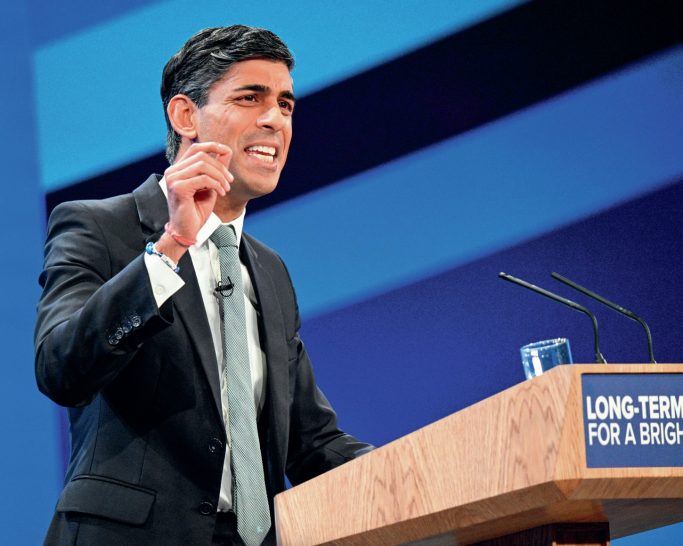
On becoming party leader, David Cameron promised to modernise the Conservative Party and make it electable. After the wilderness years of Hague, Duncan-Smith and Howard, Cameron sought to create a new image for the Conservatives and introduce a new policy agenda. He set out a pragmatic mix of policies including what was presented as ‘liberal’ social Conservatism, environmental awareness and reform of the state. In doing so, Cameron judged that the party’s membership would put electability above traditional Conservative policy.
For many Conservatives, constitutional reform revolved around the question of Britain’s relationship with the European Union (EU). Cameron had criticised Labour’s acceptance of the Lisbon Treaty and reassured party supporters by promising a guarantee on no further loss of sovereignty without a referendum.
Your organisation does not have access to this article.
Sign up today to give your students the edge they need to achieve their best grades with subject expertise
Subscribe




